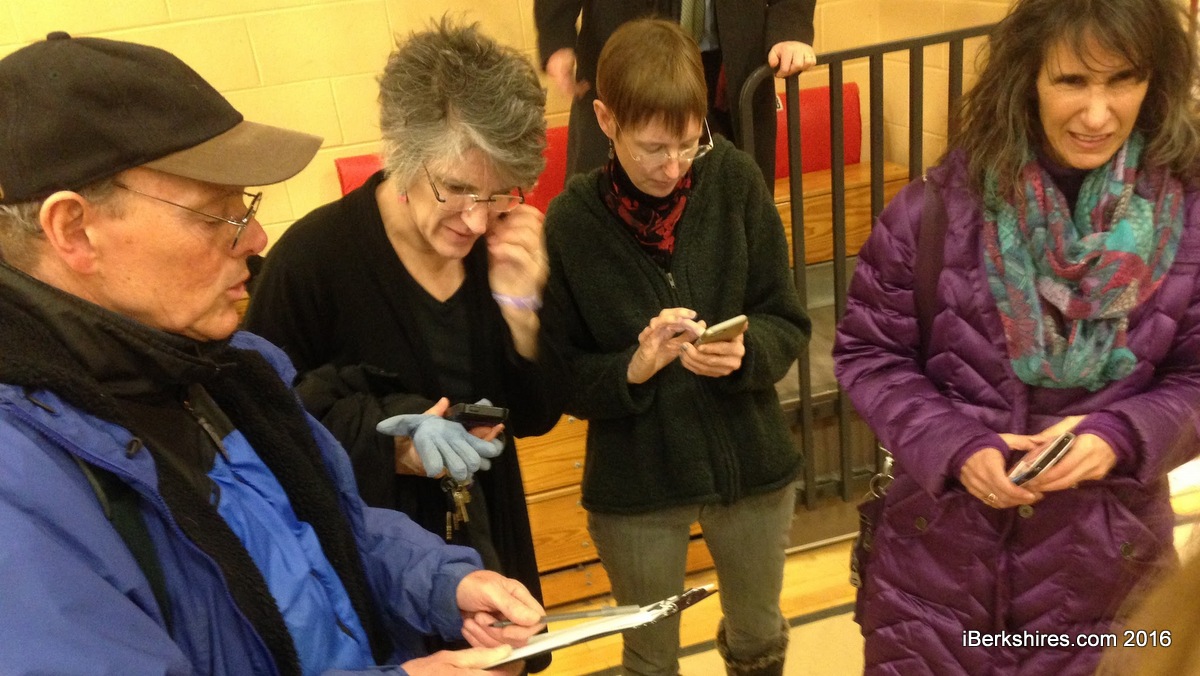
Mount Greylock School Project Wins Decisive Victory in Williamstown

WILLIAMSTOWN, Mass. — Voters on Tuesday overwhelmingly approved taking on more than $20 million in debt to rebuild and renovate Mount Greylock Regional School.
The finally tally was a decisive 2,226 to 351, with some 84 percent of voters choosing to approve excluding the debt from Proposition 2 1/2 restrictions.
"I was hoping for a resounding yes and we got resounding yes," said Mount Greylock School Committee Chairwoman Carolyn Greene, who was awaiting results with other school officials at Williamstown Elementary School on Tuesday night.
The entire project to renovate and add on to the 50-year-old school is pegged at $64.8 million. After state reimbursement, the district's share of that debt would end up between $31.5 million and $35.3 million. Two-thirds of that district share would be paid by the district's larger town, Williamstown.
Next up for a vote is the other member town, Lanesborough, where the project has been hotly debated over the past year. The Mount Greylock School Committee had urged town officials to schedule the debt exclusion vote for same day to take advantage of the expected turnout for the presidential primary.
Lanesborough rejected that idea, holding an informative session at last week's special town meeting and scheduling a ballot vote for March 15.
A "no" vote in either town would either kill the project or precipitate a revote. But School Committee and School Building Committee members note that a revote would be on the same project, which already has been vetted by Massachusetts School Building Authority.
Mount Greylock building project supporters say the current junior-senior high school is inefficient and faces costly repairs — estimated to cost more than $50 million — that would be borne entirely by the member towns if they opt out of the MSBA program.
"I hope it will encourage people to realize the value of the project," said Greene. "For those undecided, my hope is that they will consider their partner community has chosen to overwhelmingly support this project."
Superintendent Douglas Dias said, "the community heard the message and reaffirmed the value of education."
Turnout in Williamstown was high, with more than 56 percent of registered voters casting ballots by 2 p.m. on Tuesday. Some 210 absentee ballots had also been cast.
"It's been very busy," said Town Clerk Mary Kennedy, who declined to speculate which vote was driving the turnout. "I think it's a little of both."
Tags: MGRHS school project, Prop 2 1/2,















